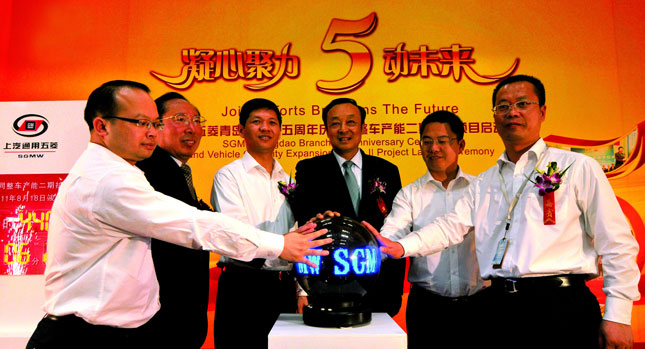As we reported earlier this week, in a second move this month after imposing new duties on U.S.-made cars, China’s National Development and Reform Commission and its Commerce Ministry announced that they are putting an end to investment incentives, effective from January 30.
The reason being that even though China has more than 70 domestic car manufacturers, the bottom 55 account for only 11 percent of total sales.
As reported by Bloomberg News, General Motors, the biggest automaker in China, is not worried about the new measures. “We expect the new guideline to have minimal negative impact on GM’s future plans in China,” the company said in a statement on Friday.
However, China’s hardening stance against foreign carmakers may cause serious problems: with Europe in disarray, almost all carmakers on the other side of the pond are counting on the Chinese car market for future expansion.
Volkswagen also stated that it will go ahead with its plans: “VW will work toward fulfilling its expansion plans in China, which include actively developing electric cars and new-energy vehicles, and continue to bring in fuel efficient technologies and products”, read the Wolfsburg-based carmaker’s statement.
Mercedes-Benz’s parent company Daimler along with Toyota and Nissan declined to comment on the issue, while Ford said in an e-mail that it remains “strongly committed” to China”.
All evidence point to the Chinese dragon flexing its muscles as it prepares an overseas assault. The mandate, which required any car manufacturer that wanted to build a plant in China to team up with a domestic company, has certainly given local manufacturers a lot of expertise.
Perhaps they have decided that now is the right time to put the foreigners on the sidelines and start working on their own.









